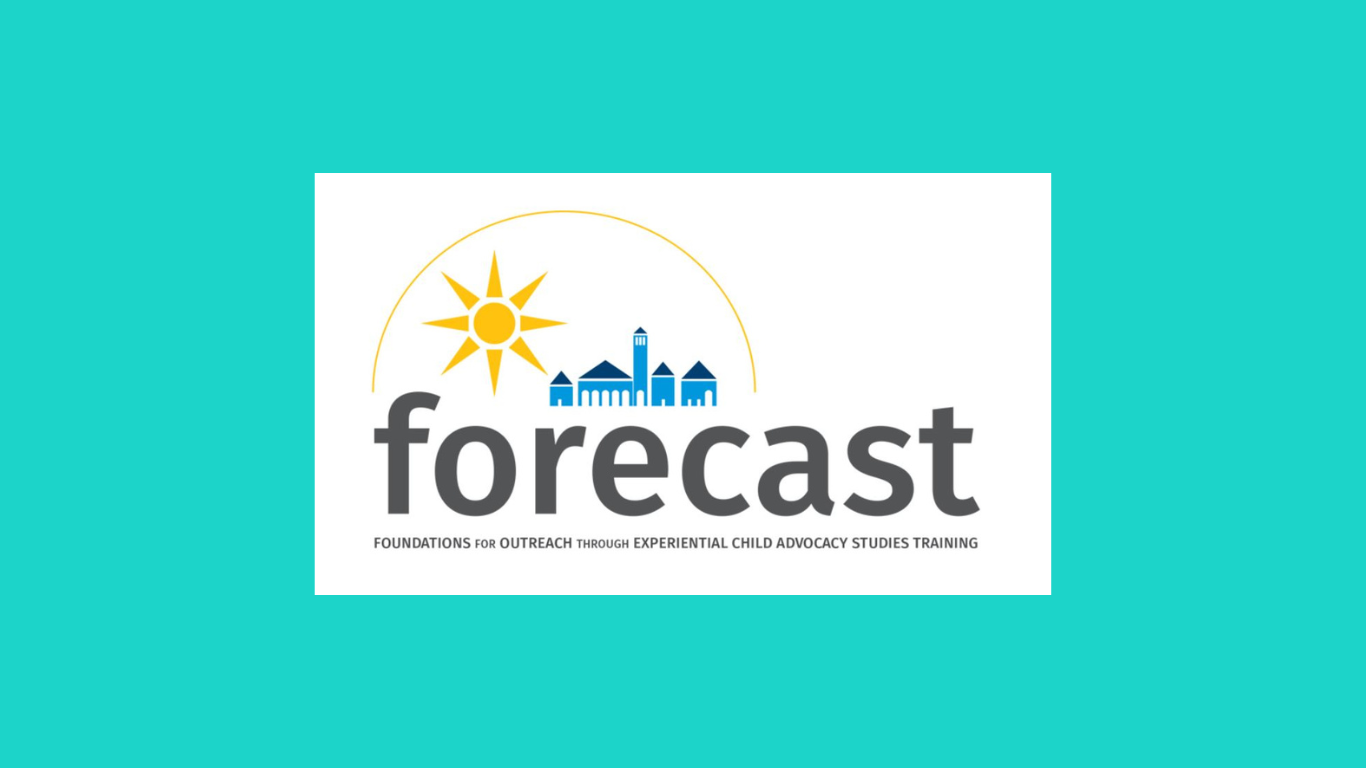
Professional development to transform family welfare services
Empowering professionals to transform family welfare services in Puerto Rico through FORECAST certification and trauma-informed practices.
Learn More
Grupo Nexos receives a grant from the Children’s Trust to implement a transformative project in Puerto Rico
Grupo Nexos receives $117,650 from the Children’s Trust to implement Functional Family Therapy and support families in southwestern Puerto Rico.
Learn More
A new approach to family welfare
Puerto Rico has achieved a significant milestone, becoming the first territory in the U.S. to have an approved child welfare prevention plan. This plan, aligned with the federal public policy contained in the Family First Prevention Services Act, not only increases the state’s capacity to recover funds from the federal government but also sets a promising path for our families, children, and youth. What does this historic achievement mean for us all?
First and foremost, the adoption of the plan implies transforming the system to offer services that have been proven effective in preserving families together, using evidence-based and trauma-informed interventions. These services focus on addressing mental health issues and substance use-related problems, promoting parenting skills, and providing support and assistance to relative caregivers.
Evidence-based practices are interventions scientifically proven to be effective and appropriate for addressing specific problems in a particular population. The selection of evidence-based practices for Puerto Rico’s plan favored relevant and suitable interventions for our cultural and linguistic context. The trauma-informed approach ensures that organizations, systems, programs, and services take into account the impact of traumatic experiences. It also recognizes the signs and symptoms of trauma in individuals, families, the workforce, service providers, and others involved in the welfare system while actively seeking to prevent re-traumatization.
Let’s look at a hypothetical example: the Department of Family Services intervenes with a family after receiving a complaint. After evaluation, it determines that the children are not in immediate danger, so they remain in the family home. The family is referred to a prevention plan that includes individual and family therapies. This plan will take into account the effect of trauma on the family, such as intergenerational trauma related to abuse. The therapy plan will use one or more evidence-based interventions to strengthen parenting skills and address any other needs.
As part of the approved plan, Puerto Rico will provide five evidence-based interventions in accordance with federal requirements. These interventions will be offered through the Department of Family Services and include Parenting Fundamentals, Motivational Interviewing, Brief Strategic Family Therapy, Functional Family Therapy, and the Kinship Support Program. These services will expand the resources available to support children, youth, and their families, and it is expected that these resources will continue to grow with the implementation of the prevention plan.
Studies show that when children and youth remain in a family setting, whether with their parents, relative caregivers, or foster homes, they experience healthier development. This transformation supports and complements that approach with interventions proven effective in promoting children’s welfare. This way, our families will receive effective family preservation and prevention services while collaborations between the Department of Family Services and community service providers expand.
(Originally published in the Opinion section of El Nuevo Día.)
Learn More
Health education project launches tool to strengthen parenting skills
The photo book showcases dynamics to help parents or caregivers connect with their teenage children.
Learn More
Capacity building on Functional Family Therapy model
The family-centered intervention will be used in Puerto Rico to transform prevention and family preservation services.
Learn More
El Nuevo Día: Study promotes the use of evidence-based practices among mental health professionals in Puerto Rico
Evidence-based practices are treatment or prevention methods proven successful in clinical or community studies. They optimize cost-effectiveness and the probability of success in mental health care. However, half of the professionals in this field in Puerto Rico need to learn how to implement them.
A new study by Natalia Giraldo Santiago, a postdoctoral researcher at Massachusetts General Hospital, assessed the needs and attitudes of mental health professionals in Puerto Rico towards the use of evidence-based practices. Her findings indicate that while most surveyed social workers, psychologists, and counselors supported their use, socio-economic and cultural factors could hinder their implementation.
Giraldo Santiago, trained as a social worker at the University of Puerto Rico Río Piedras Campus, initiated the study in response to the country’s urgent mental health issues. In Puerto Rico, 19% of the population suffers from mental health problems, and 24% from substance use and abuse. Evidence-based practices serve “as a guide to help providers offer equal, high-quality care to all affected,” the researcher emphasized.
“If one recognizes ethical responsibility and competencies to demonstrate, then the use of evidence-based practices is very much in mind and comes out quite naturally,” expressed Patricia Landers Santiago, president of the Puerto Rico Psychology Association.
Giraldo Santiago’s study revealed that 75% of mental health professionals viewed evidence-based practices as appropriate for the Puerto Rican population. Yet, 51% were unsure how to access them, and 44% had not received training on their use in the past year.
The study also found that the Puerto Rican population surveyed was less favorable towards using evidence-based practices compared to US and international samples analyzed by other researchers.
So why aren’t these effective practices more widespread?
This partly relates to the Puerto Rico Mental Health Law (Law 408-2000) requirements. While the law encourages the use of effective and rigorous practices, it allows community-based organizations treating addictions to employ “historical, traditional, and ordinary” practices not necessarily scientifically verified.
Lili Sardiñas, a member of the Evidence-Based Working Group managed by Grupo Nexos, noted that shifting from traditional to evidence-based practices could be challenging. “There was considerable resistance to adopting evidence-based practices initially because people are used to doing things in their own way,” she said, “but this resistance is normal.”
Over time, Sardiñas observed an increase in the number of funders requiring these practices for project financing, leading to more professionals adopting them.
Nonetheless, even with the willingness to adopt these practices, “the lack of adequate compensation is a barrier,” Giraldo Santiago mentioned. “It’s challenging to shift towards these practices when more than 40% hold two, three, or four jobs. People lack the capacity to make this shift.”
Adopting an evidence-based practice demands significant time and effort. Professionals must sift through hundreds of options to find the best fit for a patient, study manuals, and take lessons on implementation. Often, adapting a study conducted on a US population for Puerto Ricans is necessary.
Grupo Nexos maintains the PBE Archive, compiling detailed descriptions of 562 evidence-based practices to ease professional access. This database includes manuals translated into Spanish.
“The adaptation of these practices for Puerto Rico is crucial,” she stressed. “Considerations must include language, religion, and all socio-economic factors.”
This adaptation is taking place within the field and across the country. “Psychology is now looking to Latin American and other international resources to develop a local psychology,” Landers Santiago added. “Psychology that is distinctly Puerto Rican for Puerto Ricans.”
Both interviewed experts and the majority of surveyed professionals view evidence-based practices as essential for Puerto Rican psychology.
Learn More